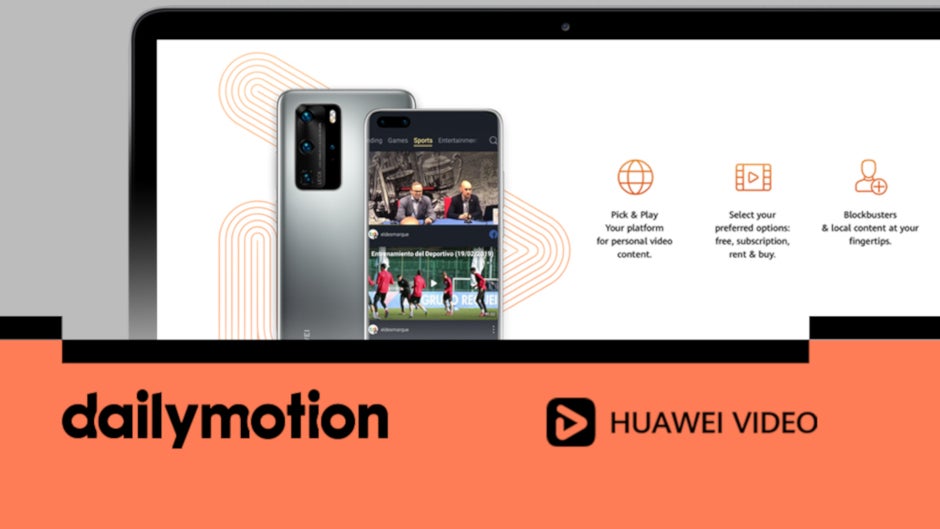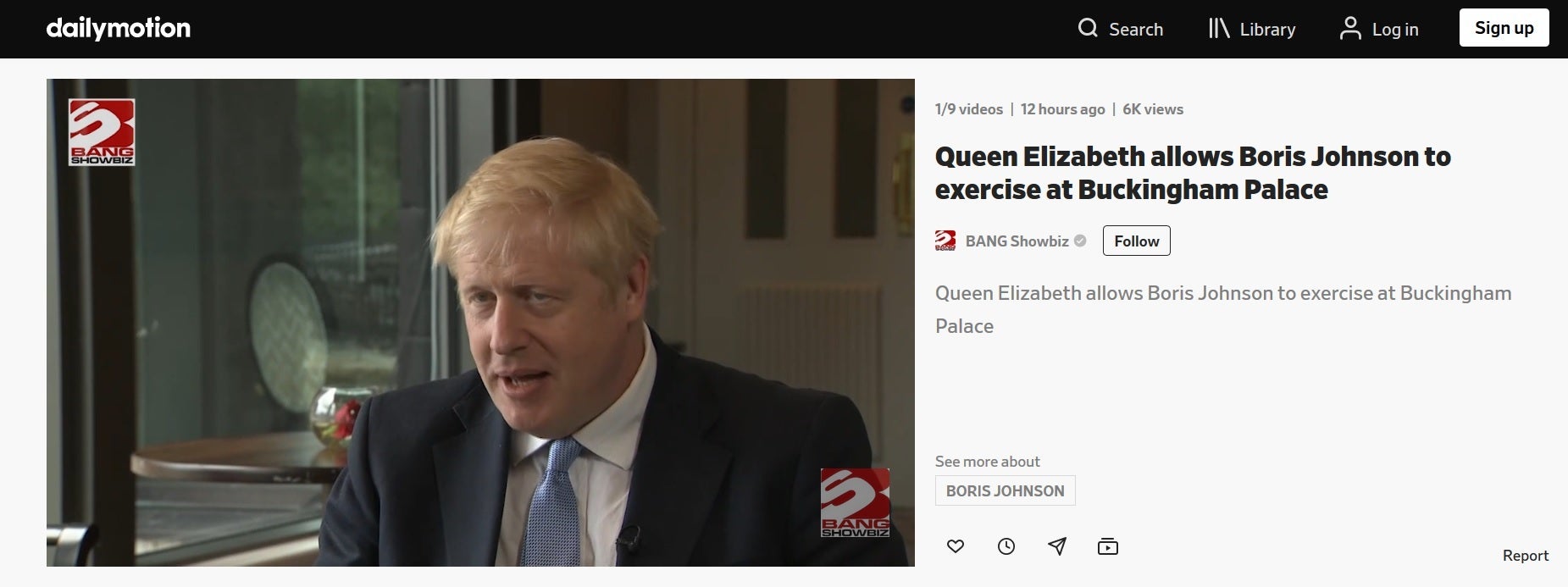Since Huawei can't use the top video sharing service, it has hooked up with number two

A bit over a year ago, the U.S. Commerce Department placed Huawei on its Entity List preventing the company from accessing its U.S. supply chain. This prevents the manufacturer from licensing Google Mobile Services and installing core Google apps on its phones. The company also cannot install apps like the Play Store, Gmail, Search, Maps, and Drive. This doesn't matter inside China where most of Google's apps are banned anyway, but it could affect demand for the global versions of the company's handsets.
Huawei finds a replacement for Google's YouTube app
Huawei has been using an open-source version of Android and debuted its own Huawei Mobile Services with the recently released P40 series. HMS features Huawei's own AppGallery app storefront which includes the Petal Search app. The latter has a cool feature that allows users to search for a particular app. If an app cannot be found in AppGallery, Petal Search will find a third-party app store that lists the app and provides a link to install it. This will also work with apps developed by U.S. companies such as Snapchat and Instagram giving owners of Huawei phones a way around the Commerce Department's ban.

Dailymotion will integrate with Huawei Video
Another one of Google's popular apps that is not allowed to be installed on Huawei's phones is YouTube. Google acquired the video streaming app in October 2006 for $1.65 billion in Google stock. As with everything else that the U.S. Commerce Department bans Huawei from, the Chinese manufacturer has been searching for a replacement that is out of reach of the Trump administration. According to a press report from Dailymotion, the video-sharing tech platform located in France has signed a deal with Huawei Video. Through this new partnership, DailyMotion's video player technology has been integrated with the Huawei Video app. Dailymotion, for those unaware, is the second-largest video sharing platform in the world behind YouTube.
Dailymotion notes that "The technology package includes a robust white-label video player, a large volume of international and local video content via Dailymotion's API as well as a strong monetization solution of the video inventory." In other words, Huawei users will have access to a large selection of videos that can be monetized by including ads with a video. The decision about monetizing content is up to Dailymotion's video creators. Dailymotion says, "Committed to supporting renowned global publishers like Huawei Video, Dailymotion believes that its video technology solutions will continue to enrich the content of publishers, to expand their digital footprint and reach a global audience." It might not be the same content found on YouTube, but the Dailymotion app might include plenty of European content that should find favor among owners of the global variants of Huawei handsets.
The international and local content available from Dailymotion is expected to broaden the audience for the Huawei Video app. Stéphane Godin, Dailymotion's, Chief Content Officer said, "Thanks to all our premium partners, Dailymotion is able to distribute a large amount of videos and playlists to third-party publishers. We are proud to collaborate with Huawei to make all of our content catalog reach new premium audiences." A Huawei executive also chimed in; Jervis Su, Vice President of Mobile Services, Huawei Consumer Business Group stated, "We’re pleased to offer our Huawei Video service so that people across the globe can easily explore thousands of videos and movies available from our partners, including Dailymotion, anywhere and anytime. We are committed to bringing more choice to consumers. We also hope it will bring some joy to all of their lives at this time."
Follow us on Google News













Things that are NOT allowed:
To help keep our community safe and free from spam, we apply temporary limits to newly created accounts: